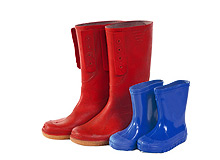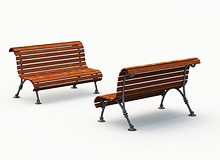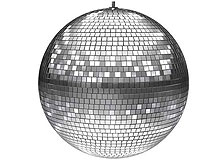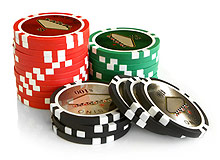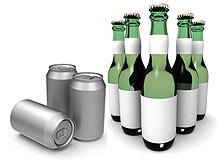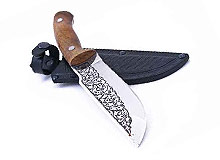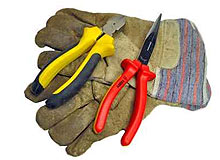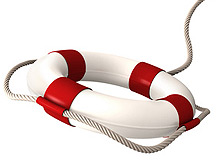Minors are not allowed to stay in establishments that could endanger the development due to their type, location or mode of operation. The individual regulation vary from state to state.
Burgenland:
In Burgenland, it is prohibited to stay in establishments and premises in which prostitution, the initiation of prostitution, peep shows, swinger clubs, betting offices or gambling halls take place. Premises in which stand-alone gambling machines are set up are to be kept inaccessible to minors.
Carinthia:
Visiting brothels or brothel-like establishments, peep shows, swingers clubs, nightclubs, betting offices and betting cafés or liquor bars is prohibited. Access to amusement machines is only permitted for children under the age of 14 if a person responsible for supervision is present. Access to gambling machines is prohibited for those under the age of 18.
Lower Austria:
Up to the age of 14, it is prohibited to be present in gambling halls. Until the age of 18 access and presence in premises where prostitution is initiated or practiced, peep shows, swinger clubs, liquor bars, nightclubs and betting offices is prohibited.
Upper Austria:
Minors are prohibited from being present in nightclubs or comparable amusement establishments and in buildings, apartments or individual premises used for the initiation or performance of sexual services. It is also prohibited to stay in establishments that serve only distilled alcohol.
Minors are prohibited to participate in gambling or to stay in places where gambling is carried out. It is also prohibited to be present in betting offices or to participate in betting, with the exception of commodity draws. From the age of 16, this prohibition does not apply to participation in officially approved gambling like number lotteries and lotteries.
Salzburg:
Visiting nightclubs of all kinds and liquor bars is prohibited. It is also not permitted to stay in other places that are harmful to young people, e.g. where the initiation of prostitution takes place. Participation in gambling or games of skill for money as well as lotteries is prohibited. Participation in officially approved commodity draws is excluded.
It is prohibited to stay in premises where gambling machines are used or where money is played for (e.g. betting offices). Gambling must not begin until the minor has left the room. Local regulations may also declare the presence in such locations inadmissible.
Styria:
Staying in premises such as brothels, peep shows, swingers clubs, sex stores, betting offices and similar establishments is prohibited. The same applies to establishments that exclusively serve alcoholic beverages with distilled alcohol; those that serve alcoholic beverages without quantity limits where the price is paid once or at a price that is less than half the usual price.
Minors are not allowed to be present in rooms where gambling machines are operated. Minors up to the age of 15 are not allowed to be present in rooms where gambling machines are located, unless it is a restautant that is actually carried out there.
Local age limits or visiting hours for public events may be declared in individual cases.
Tyrol:
Minors are prohibited to stay in nightclubs, premises with gambling machines and other places harmful to minors.
Vorarlberg:
Minors are to be excluded from premises if violence is glorified there, discrimination against people based on ethnicity, religion or ideology, age, sexual orientation, gender or disability is advocated, or pornographic acts are shown or promoted. The presence of minors is prohibited at premises where bets are promoted, placed or betting customers are referred on a commercial basis. If the regulated activities take place in a separate room or part of the premises, access is only restricted to these parts.
Vienna:
In Vienna, it is prohibited to be present in premises where prostitution, the initiation of prostitution, peep shows, swingers clubs are offered. This also includes liquor bars and betting offices, insofar as money, material assets or monetary benefits can be obtained there. Participation in officially approved commodity draws is excluded from the before mentioned restrictions.
Under the age of 14, it is prohibited to be present in gambling establishments where more than two gaming machines are set up or where money, material assets or other monetary benefits can be obtained.
